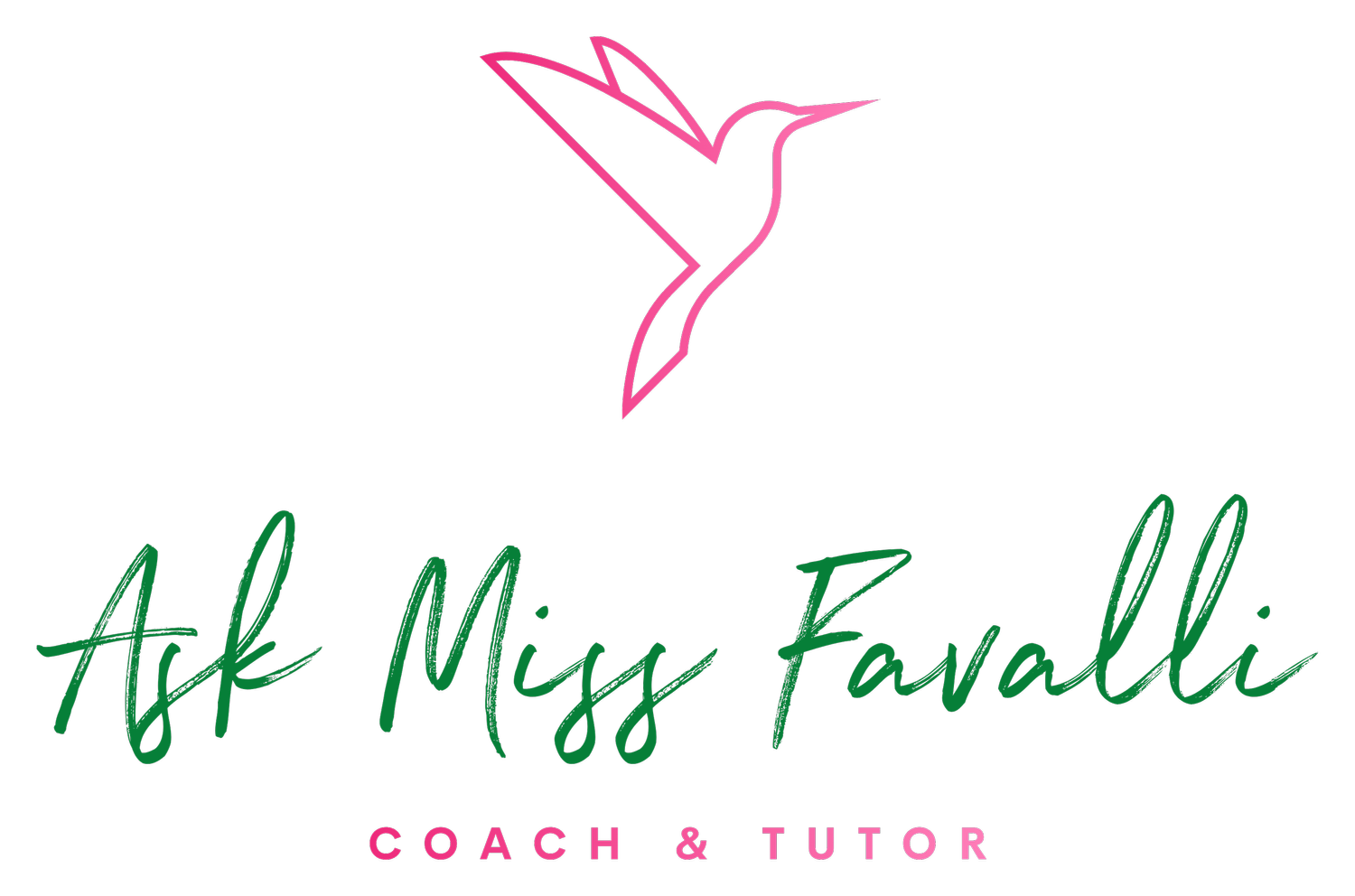“How does Montessori prepare the child for the real world?”
My work as a teacher began in mainstream schools, and later I trained as a Montessori educator (AMI Diploma). Over the years working in an alternative school, one of the most frequent questions I heard from both prospective and current parents was: “How does Montessori prepare the child for the real world?
Many families have chosen to withdraw their children from alternative education systems, worried that they might not meet the expectations of the “real world.”
If you’re a parent or simply someone curious about education, perhaps you’ve asked yourself the same question.
These conversations with parents, caregivers, teachers, and mentors have often led to deep reflection. Assuming we all share a common goal - to give children the tools to thrive and live to their fullest potential - let’s take a closer look at what this question really means.
What Do We Mean by “The Real World”?
The “real world” is often imagined as a place of competition, grades, and achievement — where success means scoring high, outperforming others, and being the best. It’s a world where resilience is sometimes equated with toughness rather than emotional intelligence or adaptability.
But what does child development research actually say about what helps children flourish as adults?
Children need opportunities to:
Develop critical thinking skills to make thoughtful decisions;
Cultivate social competence and build lasting relationships;
Learn to prioritise and manage their time effectively;
Nurture empathy and self-awareness, caring for themselves, others, and the world;
Find joy and meaning in what they do- a key ingredient in lifelong wellbeing.
Research supports these ideas. The OECD Learning Compass 2030 identifies agency, emotional intelligence, and collaboration as central to children’s future success. Similarly, Harvard’s Center on the Developing Child highlights that executive function and social-emotional skills are foundational for lifelong learning and adaptability.
What Happens in Mainstream Schooling
Mainstream education often focuses on training children to perform well in tests. Unfortunately, this can take away the joy of learning, replacing curiosity with fear of failure. Standardised testing, introduced as early as Year 1, exposes children to daily routines of pressure and comparison.
When asked what they enjoy most about school, children most often reply: “Seeing my friends.” Studies such as The Children’s Society’s Good Childhood Report show that social connection is the strongest contributor to school satisfaction, far more than academic performance.
Furthermore, age-segregated classrooms limit children’s opportunities for social diversity, peer mentoring, and leadership within a community.
What Happens in Montessori Education
In a Montessori environment, children keep their own learning journals where they record what they’ve worked on, what they’d like to explore next, and where they feel they can improve. Learning is both collaborative and individualised.
There are no traditional tests; instead, the teacher guides the child in identifying errors as opportunities for growth. Success is not measured by scores but by the child’s growing confidence, self-direction, and love of learning.
This approach nurtures intrinsic motivation - learning for the joy of learning - which research shows is key to long-term achievement. Studies based on Self-Determination Theory (Deci & Ryan, University of Rochester) demonstrate that autonomy, competence, and connection are the strongest predictors of lasting motivation and well-being.
The Common Concern: Coping with the “Real World”
This is where the big question arises:
How does a child who hasn’t been exposed to the stress of testing cope in the so-called “real world,” where the most successful are often seen as the winners?
Will these children struggle in competitive environments or when asked to complete timed assessments?
Let’s turn to what research tells us. Studies in developmental psychology and education consistently show that intrinsic motivation, emotional regulation, and social-emotional skills, not test scores, are stronger predictors of adult success and wellbeing.
Children who grow up in environments that support autonomy, self-reflection, and purpose-driven learning are often better equipped to handle challenges, adapt to change, and sustain motivation in adulthood.
This is supported by economist James Heckman’s research on noncognitive skills and life outcomes, showing that emotional and social development predict success more reliably than IQ or grades.
Final Thoughts
So, does Montessori prepare children for the real world?
It does, but not by mimicking its pressures. It prepares them by building the very qualities that help humans thrive within it: adaptability, curiosity, confidence, empathy, and purpose.
What do you think?
I’d love to hear your reflections, share your thoughts, send me an email at hello@askmissfavalli.com.
Warmly,
Miss Favalli
